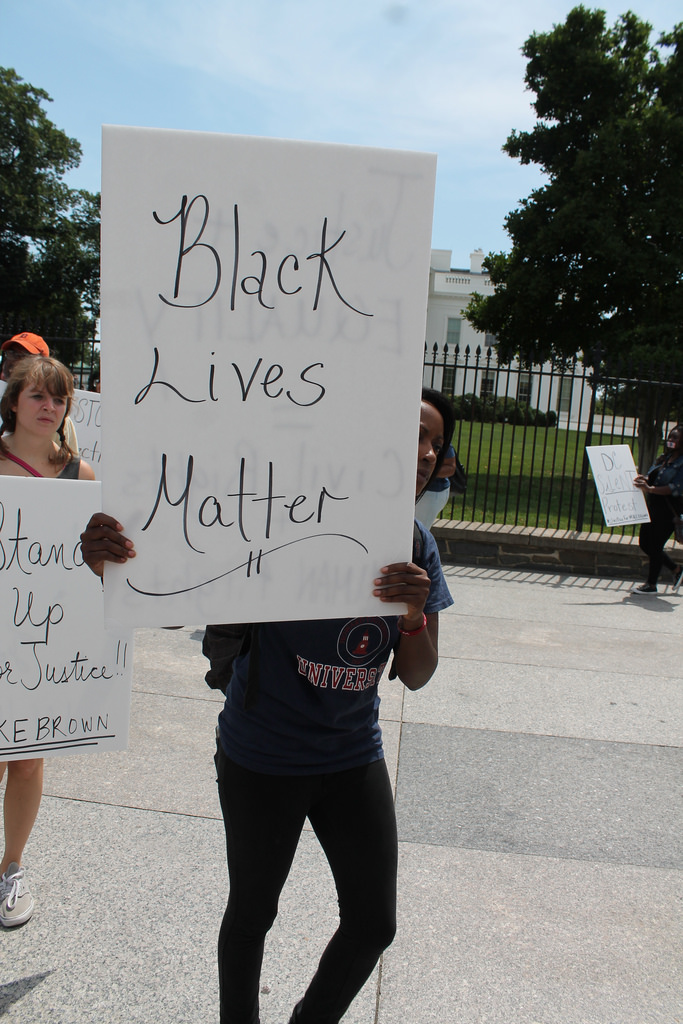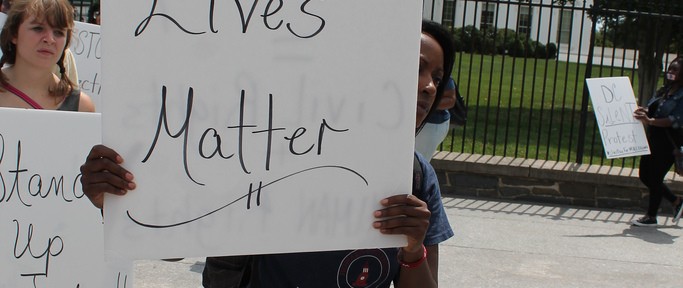Getting involved in research is an important and often necessary way to get prepared for graduate school in psychology. Research opportunities are usually available as long as you know where to look. Every year numerous students ask me questions about research opportunities – I hope this helps our blog readers better understand how to navigate this process.
Where to look for research opportunities
A great place to begin looking is your academic department’s website. I always encourage my students to read the faculty members’ profiles on our department’s website. This will help you get an idea of the research interests of your faculty. Decide which faculty members’ interests best match your interests. Then email the faculty member asking if you can meet with them to discuss their research and ways you might be able to get involved. Some faculty members will let you know they are not currently accepting any new students to their labs, other faculty members might not have research teams but might be willing to collaborate on a project with you. Some will immediately invite you to the next research team meeting, and some will schedule a meeting for you to come in and discuss your interests and determine your fit to the team.
- If for some reason you are not able to join a research team with one of your department’s faculty, don’t hesitate to look outside of your department. I have a large research team of 15 students and half of these students are not from my department. If you plan to pursue research opportunities outside of your department you would do so similarly to how I’ve described looking for research opportunities in your department: think about fields of study you are interested in, go to that department’s website to read about faculty research interests, and then email faculty members.
Why finding research experience is important
Research is very important to the field of psychology. Psychologists are consumers of research, as our clinical work is influenced by research findings. Psychologists are also researchers, as research is the force that propels the field forward. Considering that research is important to the field, it is an important aspect of graduate training. If you plan to apply to graduate school in psychology, research experience helps graduate programs assess your preparedness for graduate training. Your involvement on a research team demonstrates your authentic interest in research and it suggests that you have more advanced skills than students who do not have research team experience. When reviewing doctoral applications for admission to the doctoral program I work in, I am always evaluating the applicant’s previous research experience.
So now that you know that getting involved in research is an important thing to do, you might be wondering what you will be getting yourself into. Being an active member on a research team can be very rewarding (I promise!).
- First, something that should not be discounted, you gain exposure to the research process. I have found that some students have misconceptions about what research is and conclude that they are not interested in research because of this misinformation. In reality, research is very exciting, intellectually stimulating, and a strong vehicle for promoting social justice (get involved to find out how)!
- Secondly, you can gain training and firsthand experience on how to conduct a research study from start to finish. You learn how to design a study (e.g., create research questions and hypotheses, select measures, review literature, etc.). You can gain experience in data collection, data entry, data analyses, manuscript writing, grant writing, and presenting research in public forums and at professional conferences.
If you are an undergraduate…Fundamentally, participation on a research team provides exposure to the research process. Having a history of participation in research gives you a strong background for entrance to graduate school. Participation on a research team also provides a way to network with professors. These professors will be great candidates to write letters of recommendation for graduate school or future employment.
If you are a master’s student…Research experience will be helpful when you conduct your own independent research (i.e., master’s thesis). Research team experience also helps you compete for entry in doctoral programs that have a scientist-practitioner model of training. Admissions to doctoral level graduate programs typically involve an assessment of your research interests and skills. Applicants are typically asked to talk about their research experience, and what they did specifically on past research teams. Participation in research with professors other than your advisor is a great way to learn alternate views of what research looks like, and is a great way to ensure strong letters of recommendation for future endeavors.
If you are a doctoral student…Research experience prepares you for your doctoral thesis, and helps an advanced student learn how to go about assembling her own research team to gather dissertation data. Research experience also helps in the realm of professional development by giving doctoral students the opportunity to present research at professional conferences and participate in the publication of manuscripts in scholarly journals. Research team experience prepares the soon-to-be-academic for assembly of their own research team once tenure track employment begins (there is life after grad-school)!
My hope is that you are thinking about research and how you can (need) to get involved. Involvement in research is critical in shaping the next generation of researchers – you!
Editor’s note: This post was written by Shannon Chavez-Korell, PhD; Assistant Professor, Counseling Psychology; University of Wisconsin-Milwaukee. It originally appeared on the Multicultural Mentoring blog by the Society of Clinical Psychology’s Section on the Clinical Psychology of Ethnic Minorities. (APA Division 12, Section 6). It is reposted here with generous permission. Over time, you will see all eight original posts on gradPSYCH Blog.

 Damani aspires to be an orthopedic surgeon. He completed a fellowship at APA and previously blogged about student debt.
Damani aspires to be an orthopedic surgeon. He completed a fellowship at APA and previously blogged about student debt.



 2- Networking
2- Networking![MP900441060[1]](http://www.gradpsychblog.org/wp-content/uploads/MP9004410601-300x300.jpg)